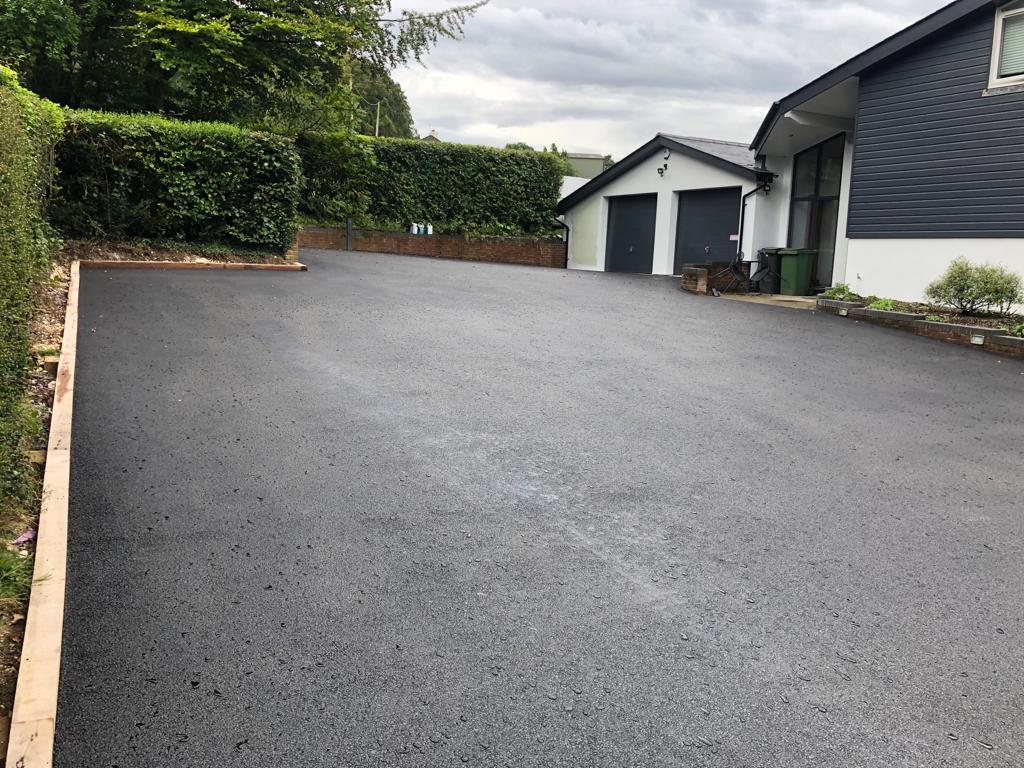Road shoulders play a crucial role in maintaining the longevity and safety of roadways. When properly designed, they provide structural support, improve drainage, and enhance road safety. However, poorly designed road shoulders can accelerate deterioration, leading to costly repairs and increased hazards for motorists.
The Importance of Well-Designed Road Shoulders
Structural Support for the Main Roadway
A well-constructed road shoulder helps distribute the weight of vehicles, reducing stress on the road’s edges. Without proper support, road edges can begin to crumble, leading to cracking and pothole formation.
- Prevents premature wear along the edges.
- Reduces stress fractures from heavy traffic loads.
- Maintains the integrity of the asphalt surface.
Improved Drainage and Water Management
Properly designed road shoulders facilitate efficient water drainage, preventing pooling and surface erosion. When water is not effectively channelled away, it can:
- Seep into asphalt layers, weakening the foundation.
- Cause potholes and surface cracks.
- Lead to road surface instability and erosion.
How Poorly Designed Road Shoulders Contribute to Deterioration
Weakening of Road Edges
A narrow or structurally weak shoulder does not provide adequate support, causing the edges of the road to degrade over time. This can result in:
- Edge cracking, leading to the formation of deep potholes.
- Increased repair frequency and higher maintenance costs.
- Unsafe driving conditions, particularly for larger vehicles.
Increased Risk of Water Damage
Without effective drainage, water accumulation accelerates road degradation. Signs of water-related damage include:
- Softening of asphalt and underlying materials.
- Rapid formation of cracks and potholes.
- Expansion of damage due to freeze-thaw cycles in cooler climates.
Erosion and Surface Wear
Road shoulders constructed with inadequate materials can erode quickly, reducing their effectiveness in stabilising the roadway. Contributing factors include:
- Loose gravel that washes away during heavy rain.
- Lack of proper compaction, leading to a weaker foundation.
- Insufficient grading, preventing water from draining efficiently.
Solutions for Long-Lasting Road Shoulders
Use of Durable Materials
To ensure longevity, road shoulders should be constructed with high-quality materials such as:
- Asphalt or compacted gravel to provide structural integrity.
- Properly graded surfaces to channel water away from the main roadway.
- Reinforced edges to prevent crumbling and surface failures.
Regular Maintenance and Repairs
Routine inspections and timely maintenance help prevent costly repairs by addressing minor issues before they worsen. Best practices include:
- Resurfacing shoulders to maintain a smooth, stable transition.
- Cleaning drainage channels to prevent water accumulation.
- Applying sealants to reduce water infiltration and erosion.
Proper Grading for Effective Drainage
Ensuring that road shoulders have the correct slope and grading allows water to flow away from the roadway. This reduces the risk of pooling and helps maintain the integrity of the surface.
- Optimal slopes prevent water from settling on the shoulder.
- Well-designed ditches channel runoff efficiently.
- Stabilised surfaces reduce erosion and displacement.
Conclusion
Poorly designed road shoulders contribute significantly to faster roadway deterioration, increasing repair costs and posing safety risks. Investing in high-quality materials, proper grading, and regular maintenance is essential to extending the lifespan of roads and ensuring safer travel conditions.
For professional road surfacing and shoulder construction in Bendigo, contact Bendigo Road Tech. Our expertise in asphalt and bitumen surfacing ensures long-lasting, high-performance roadways that stand the test of time.
Call us on: 03 5609 3573
Click here to find out more about Bendigo Road Tech
Click here to complete our contact form and see how we can help with your driveway needs.

